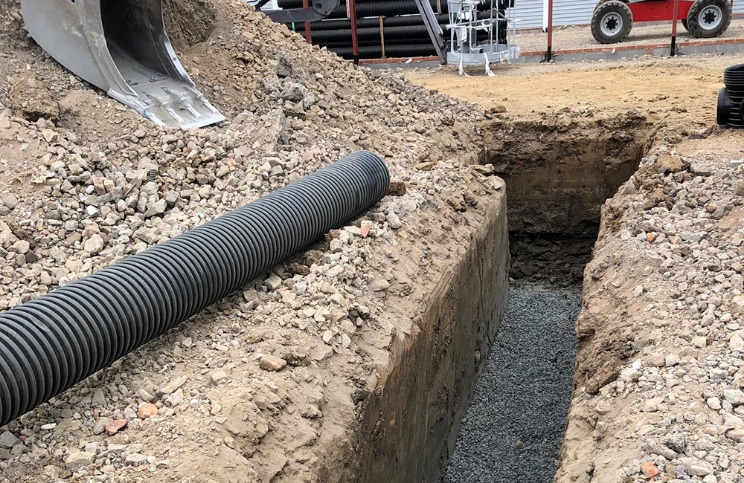Navigating the Complex World of Permit Regulations: A Comprehensive Guide
Understanding permit regulations is a crucial aspect for businesses, developers, and individuals alike. These regulations can dictate the timeline of a project, influence costs, and determine legal compliance. In this article, we will delve into the intricacies of these regulations and provide insights on how to manage and adhere to them effectively.
Why Are Permit Regulations Important?
Permit regulations are designed to ensure that construction, business operations, and other activities comply with safety, environmental, and zoning laws. They serve several objectives, including:
- Ensuring safe and sustainable development practices.
- Protecting the environment from harmful practices.
- Avoiding legal liabilities and fines due to non-compliance.
- Promoting community welfare and planning consistency.
Common Types of Permits and Their Requirements
Building Permits
Building permits are essential for any construction project, whether residential or commercial. They ensure that the proposed plans comply with local building codes and safety standards.
Environmental Permits
These permits are particularly crucial for projects impacting the natural environment. They cover aspects such as pollutant discharge, resource extraction, and habitat disruption.
Occupational Permits
Businesses often require occupational permits to legally operate within certain sectors. These permits typically cover health and safety standards, hygiene regulations, and other industry-specific criteria.
How to Navigate Permit Regulations Efficiently
- Research: Thoroughly research the permit regulations specific to your project or business operation. Understand what permits are required and obtain them before commencing your project.
- Consult Experts: Engage professionals who specialize in regulatory compliance to ensure thorough understanding and adherence to all applicable laws.
- Plan Ahead: Incorporate permit application timelines into your project schedule to avoid unnecessary delays.
- Stay Informed: Regulations may change over time. Keeping abreast of current regulations can prevent legal surprises.
Frequently Asked Questions
What happens if I fail to comply with permit regulations?
Non-compliance can lead to severe repercussions such as fines, legal action, and project delays. In some cases, you may be required to halt operations until compliance is achieved.
How long does it take to secure a permit?
The time frame can vary widely depending on the type of permit and the jurisdiction. It is advisable to initiate the process well in advance to accommodate any potential delays.
For more comprehensive guidance and expert consultation on navigating the maze of permit regulations, consider visiting our recommended resources. Successfully managing these regulatory requirements can ensure the smooth operation and completion of your projects while safeguarding you from legal and financial pitfalls.




Leave a Reply